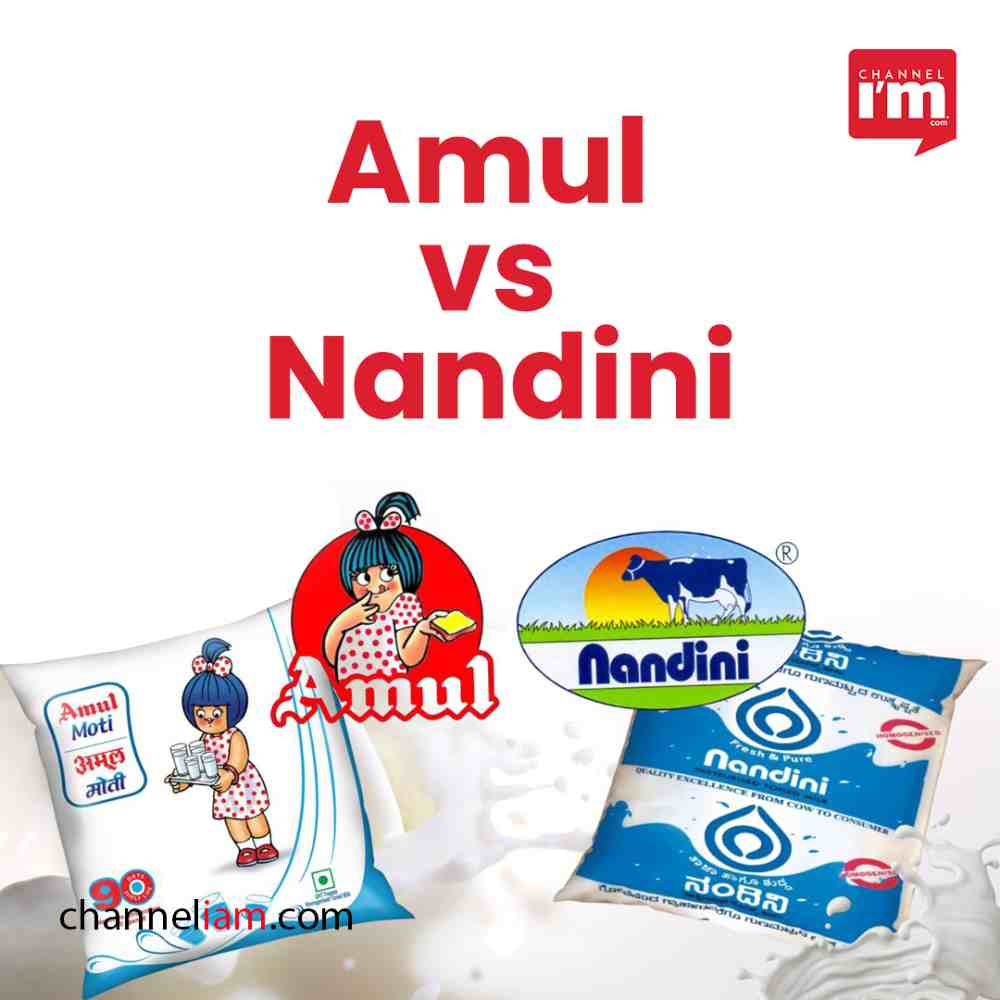With opposition parties seizing on the Amul vs Nandini controversy in the election-bound state of Karnataka and assurances from BJP officials in power that Amul would not enter the state, the decision to stay out of Karnataka is more of an economic decision than a political one.
Amul, a cooperative society with headquarters in Gujarat, tweeted: “A new wave of freshness with milk and curd is coming to Bengaluru. There will be more details soon. #LaunchAlert. Wishing everyone a happy Taaza day from Kengeri to Whitefield.
The dairy company said, “The #Amul family is bringing some Taaza into #Bengaluru city,” in another post. There will be more updates shortly. #LaunchAlert. Taaza will shortly arrive in Bangalore.
The Karnataka Cooperative Milk Producers’ Federation Limited (KMF), the second-largest dairy cooperative in the nation and first in terms of procurement and sales in South India, may make it difficult for the Gujarat Cooperative Milk Marketing Federation (GCMMF) Ltd to establish a presence in the state of Karnataka. One of the cheapest milks in the nation is sold by the KMF under the “Nandini” brand. A comparison reveals that consumers pay 39 rupees for a litre of toned milk in Bengaluru, compared to 52 and 54 rupees, respectively, for a litre of toned milk sold by Amul in Gujarat and Delhi.

Whereas the ‘Nandini’ brand full cream milk costs 24 for 450 ml and 50 for 900 ml, a litre of full cream milk costs 66 in Delhi and 64 in Gujarat. Whereas a kilogramme of curd under the Amul brand costs about 67 rupees, a kg under the Nandini brand costs about 47 rupees. KMF receives Government subsidies, which allows them to sell milk at such a low cost. According to sources, the Karnataka Government provides almost $12,000 crore in incentives each year.
KMF has 16 Milk Unions that serve every district in the state. These unions purchase milk from Primary Dairy Cooperative Societies (DCS) and provide it to customers in many Karnataka towns, cities, and rural markets.
Many people, notably opposition parties, view Amul’s action as a threat to KMF’s renowned dairy brand “Nandini.” In the context of a story about KMF’s merger with Amul, they also regard it as an effort to undermine KMF. “Do you want to donate to or plunder from Karnataka with your visit here? You have already taken from the Kannadigas their banks, ports, and airports. Are you presently attempting to rob us of Nandini (KMF)?” requested Siddaramaiah.
The establishment of Village Level Dairy Co-operatives in Karnataka in 1974 marked the beginning of the state’s first Dairy Development Program to be supported by the World Bank or an International development agency.
In Karnataka, the AMUL pattern of dairy cooperatives began operating in 1974–1975 with financial support from the World Bank/IDA, Operation Flood II & III. Dairy Cooperative Societies at the village level, District Milk Unions at the district level, which handle the purchasing, processing, and marketing of milk as well as providing technical input services for boosting milk production at the producer level, and Federation at the state level, which coordinates the sector’s growth in the State, are resolutely and harmoniously working together to create self-sustaining rural economies. One of the few federations in the nation to transform dairying from a side job into an industry is KMF.
